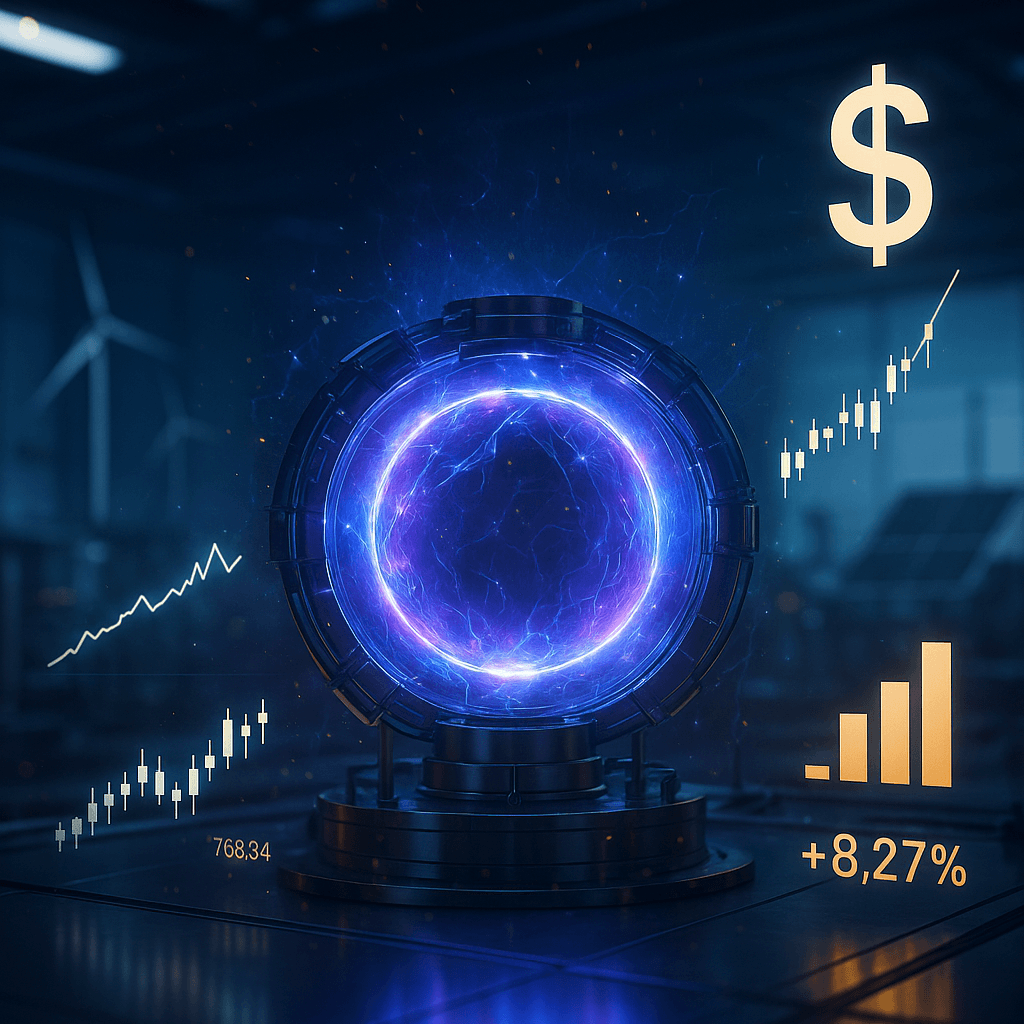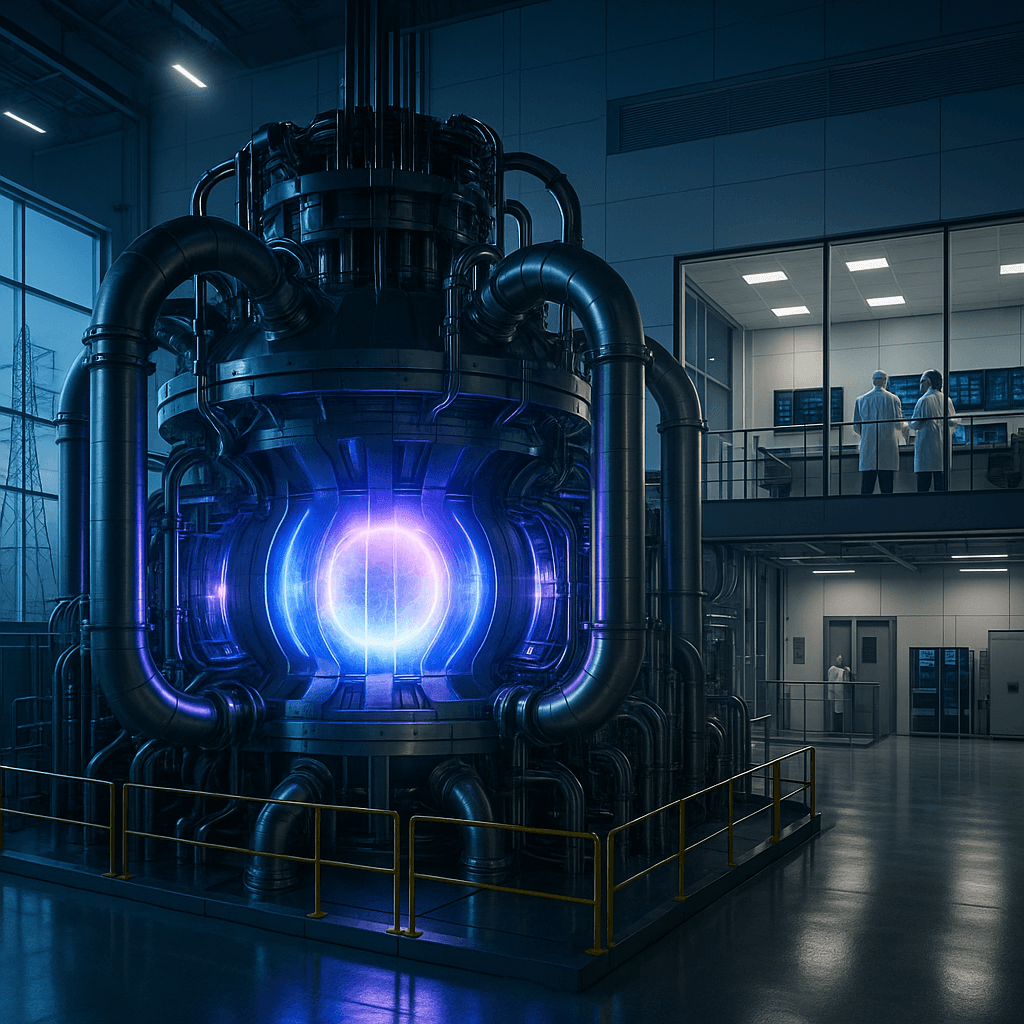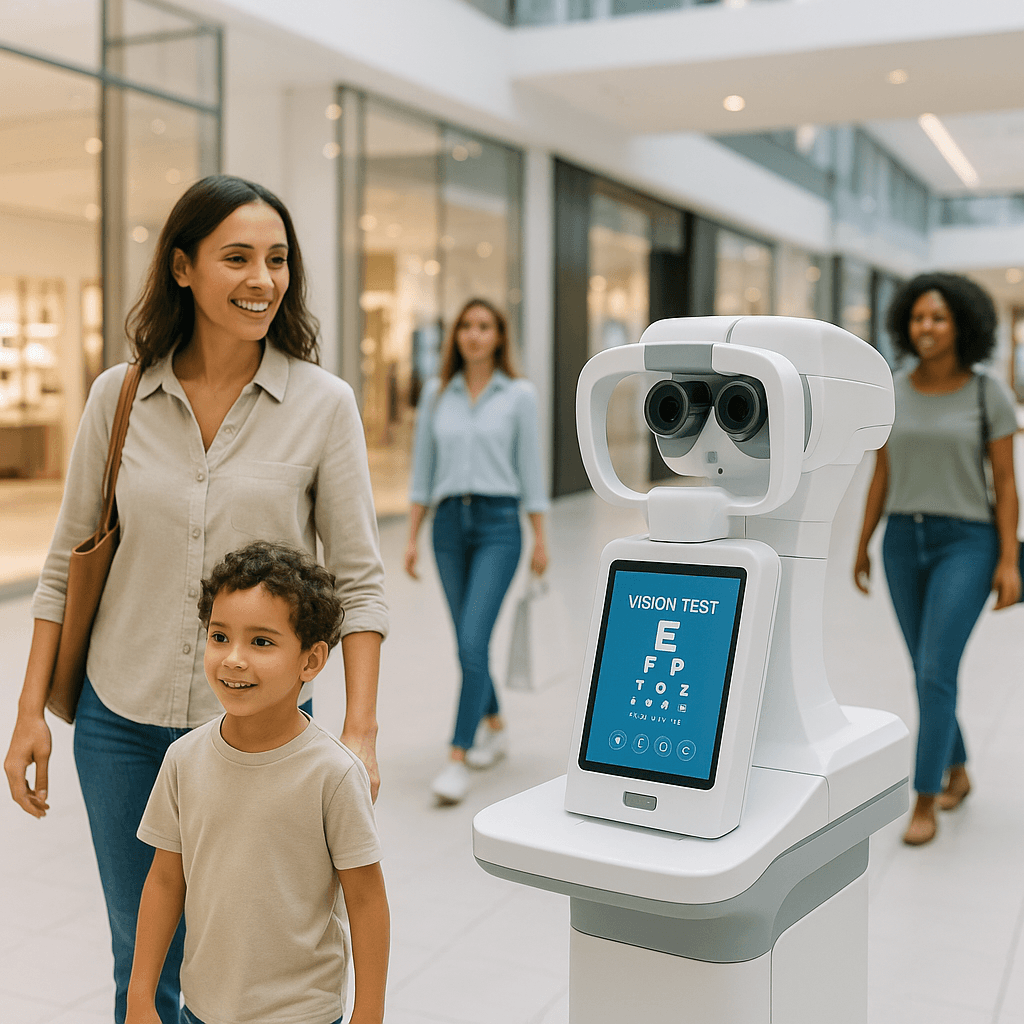Finnish quantum computing startup IQM just became Europe's newest unicorn, closing a massive $300+ million Series B round led by Ten Eleven Ventures. The funding catapults the university spinout into an exclusive club of quantum companies valued above $1 billion, as it prepares for an aggressive U.S. expansion to challenge tech giants like IBM, Google, and Microsoft in the emerging quantum computing market.
IQM just rewrote the quantum computing playbook with a funding round that's sending shockwaves through the deep tech world. The Finnish startup's $300+ million Series B, led by cybersecurity-focused Ten Eleven Ventures, represents more than just another unicorn milestone — it's a declaration of war against quantum computing's established players.
The timing couldn't be more strategic. While tech giants like IBM, Google, and Microsoft dominate headlines with their quantum breakthroughs, IQM has been quietly building a different kind of quantum empire. According to co-CEO and co-founder Jan Goetz, speaking to TechCrunch, the company now holds a surprising distinction: "We are now the company that has sold the most quantum computers globally, in all major continents."
That claim, while impressive in the quantum world's current scale, translates to just 30 quantum computers as of late 2024 — a number that underscores how nascent this market remains. But Ten Eleven Ventures co-founder Alex Doll sees massive potential ahead. "Quantum computing will be a pivotal pillar in the next era of cybersecurity and computational innovation," Doll told TechCrunch, as he joins IQM's board.
The university spinout has built its reputation on a hybrid approach: on-premises quantum computers paired with cloud platform access. While Europe remains IQM's stronghold, the fresh capital specifically targets U.S. expansion where the company recently landed a prestigious client — Oak Ridge National Laboratory, operated by the U.S. Department of Energy.
"With this round, we want to grow the team and create more commercial traction, especially in the U.S.," Goetz explained to TechCrunch. The company is even considering local U.S. assembly operations, with tariff considerations playing into future manufacturing decisions.












